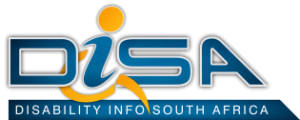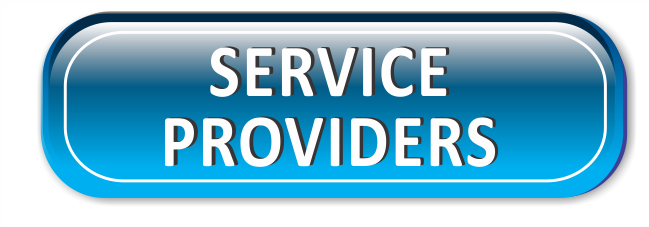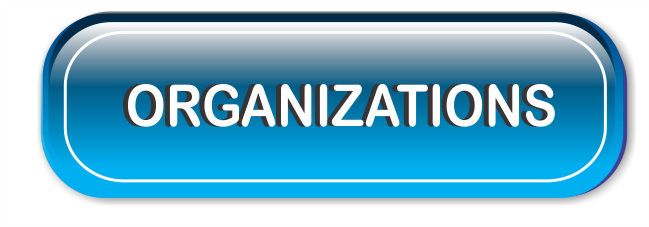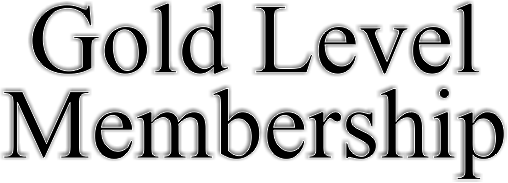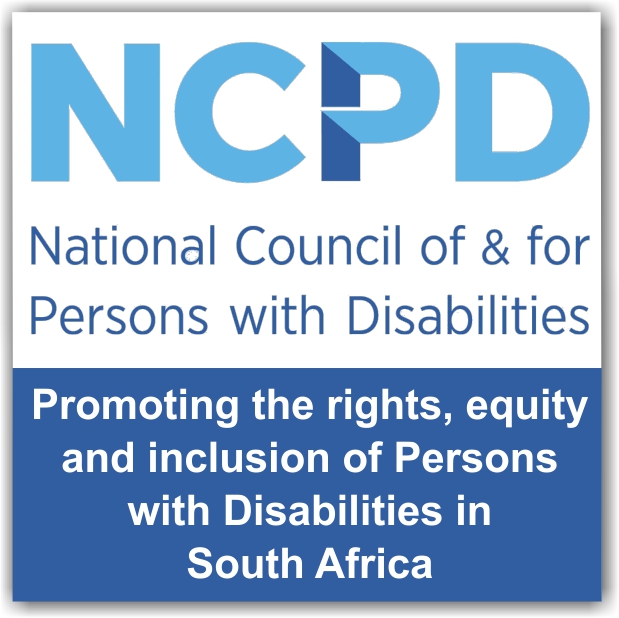Organizations
Introduction
Since the International Year of Disabled Persons in 1981, persons with disabilities have organized themselves into their own organizations all over the world. These are sometimes called Disabled People's Organizations or DPOs. DPO's are those controlled by a majority of persons with disabilities (51%) at the board and membership levels. The role of these organizations includes providing a voice of their own, identifying needs, expressing views on priorities, evaluating services and advocating change and public awareness. Some Organizations also provide or sell equipment.
DPOs believe that persons with disabilities are their own best spokespersons and their role has been and is fundamental for the human rights movement of persons with disabilities.
There are a variety of different types of disabilities that have there own organizations & these include persons with Visual Impairments.
Types Of Disability Organizations In South Africa
There are a wide range of advocacy and self-help organization which exist in South Africa. They include organisations such as the overtly political Disabled People South Africa, aligned with the ruling African National Congress, National Council of and for Persons with Disabilities (NCPD) and Disability info South Africa (DiSA), as well as single-issue national organisations such as Blind SA, to name just a few.
There are 3 different main types of Disability organisations in South Africa:
In addition to this, there are 3 different types of DPOs:
- Cross-disability organizations represent the interests of all persons with disabilities in South Africa, and include organizations such as the National Council of and for Persons with Disabilities (NCPD) and Disability info South Africa (DiSA),
- Diagnostic-focused (such DPOs represent a medical diagnostic group – e.g. Blind SA and The South African National Council for the Blind). Within these DPOs that represent medical diagnostic groups, are provincial organisations to assist it's members in a particular province. An example of this is The Western Cape Blind Association (WEBA) They are associated with the "The South African National Council for the Blind" and assist its members in the Western Cape.
- Population-specific (such DPOs represent a population group – e.g. South African blind women in action).
1. Cross Disability Organizations
Cross-disability organizations represent the interests of all persons with disabilities in South Africa, and include the National Council of and for Persons with Disabilities (NCPD) and Disability info South Africa (DiSA).
National Council of and for Persons with Disabilities (NCPD)
NCPD is a NGO with a footprint throughout South Africa that plays a lobbying & advocacy role when it comes to the rights of persons with disabilities. "We're an umbrella body coordinating the advancement of the rights of persons with physical disabilities in accordance with the White Paper on the Rights of Persons with Disabilities, the UN Convention on the Rights of Persons with Disabilities and more. We have nine provincial Associations for Persons with Disabilities with numerous projects and branches that focus on rural development as well as social."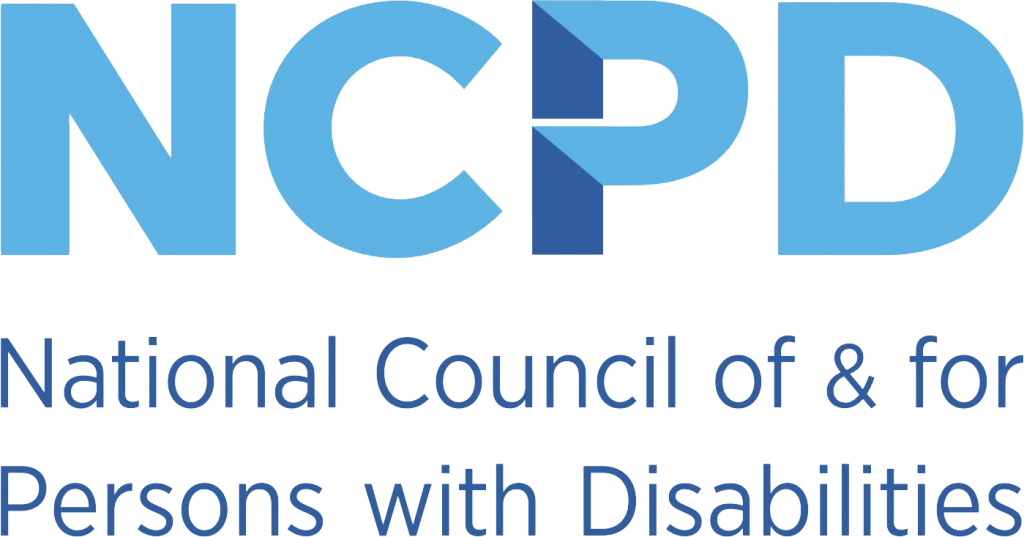
The The National Council of and for Persons with Disabilities does advocacy work and services leading to an equitable and inclusive society. "We are affiliated to the South African Disability Alliance, as well as Rehabilitation International. Our programmes cover the whole of South Africa."
Services
The National Council of and for Persons with Disabilities offers a wide variety of different Services, they include:
Job Placement & Skills Development: The National Council of and for Persons with Disabilities have programs in place that aid persons with disabilities, to find jobs & acquire skills they my need in the workplace. "We offer BBBEE advice and services related to persons with disabilities, including: Job placement, skills development, preferential procurement, ownership and supply chain development."
Workplace Policy & Disability Equity Training: The National Council of and for Persons with Disabilities offers Disability Equality Training courses to address the need for information about reality of disability. Training is tailor made for every sector, including: Tourism, Tertiary Education, Banking, Mining and more. Through training they will find ways to challenge the organisational behaviour which reinforces negative myths and values and which prevents disabled people from gaining equality and achieving full participation in society. Training is done by an expert well trained team of persons with disabilities.
Va Va iYouth (Children With Disabilities): Our work in respect of children with disabilities focuses on addressing rights violations and promoting their rights, all with the aim of and to contribute to an improved dispensation for this most vulnerable and exposed group of people in our country. Rights violations and advancing the rights of children with disabilities are addressed through advocacy, lobbying and public education and awareness raising.
Raising Awareness: Living in an age where information is for the most part a click away to a large part of society, should mean that persons with disabilities enjoy all their non-disabled counterparts do, but despite democracy and the information age, persons with disabilities often still find themselves on the side-line when it comes to securing employment or even just having access to enjoy a sports match or theatre production. The need for raising awareness of impairment, disability and related matters, we aim to raise the level of awareness about disability related issues through various initiatives.
Economic Empowerment: We go to certain areas to ascertain if the information we have on-hand is correct and/or to be up-to-date with the current situation in those areas. The same goes for projects but with projects we also need to see how sustainable these projects are and if they need assistance to either stay the course or change the project toward better outcomes for the participants and beneficiaries of these projects.
Training: The NCPD is proud to be in a position to offer various SETA accredited training courses ( short course, learnerships and internships) together with corporate partners whom then get their BBBEE POINTS for the DTI scorecard. We also do short training of Professionals in the Services and Health profession , for which these professionals get CPD points. The courses for architects, and other professionals is not accredited for CPD points. Other training includes Caregiver training for carers of children or adults; Governance training; Fundraising training; Disability Equity training; Reasonable accommodation; Inclusive design; Various impairments and the implications; Drivers of persons with disabilities; Human Rights and advocacy; Assistive device repairs & Transport and driving training. The majority of training sessions can be tailor-made to suit your needs.
Universal Design & Access: Persons with disabilities are excluded from many events, services, information, communication, products and venues, due to all users were not considered during the planning phases. The National Council of and for Persons with Disabilities can assist to prevent this from happening by applying Universal Design Principals during the design phase.
Other Services: Other Services: The National Council of and for Persons with Disabilities can also supply information and assist with a variety of other Services, including: Universal Design and Access Audits; Disability Equity Training, Workplace services such as Job Placement, reasonable accommodation and Policy Review, Internships and training; as well as Entrepreneurs with disabilities; Disability information and children’s programmes; Fund Raising and Referrals of persons with disabilities needing our services. Contact us for more information on: Tel: +27 11 452 2774 or Email: therina@ncpd.org.za or read the article below about the Fund Raising Partnerships that the National Council of and for Persons with Disabilities are involved in.
Fund Raising Partnerships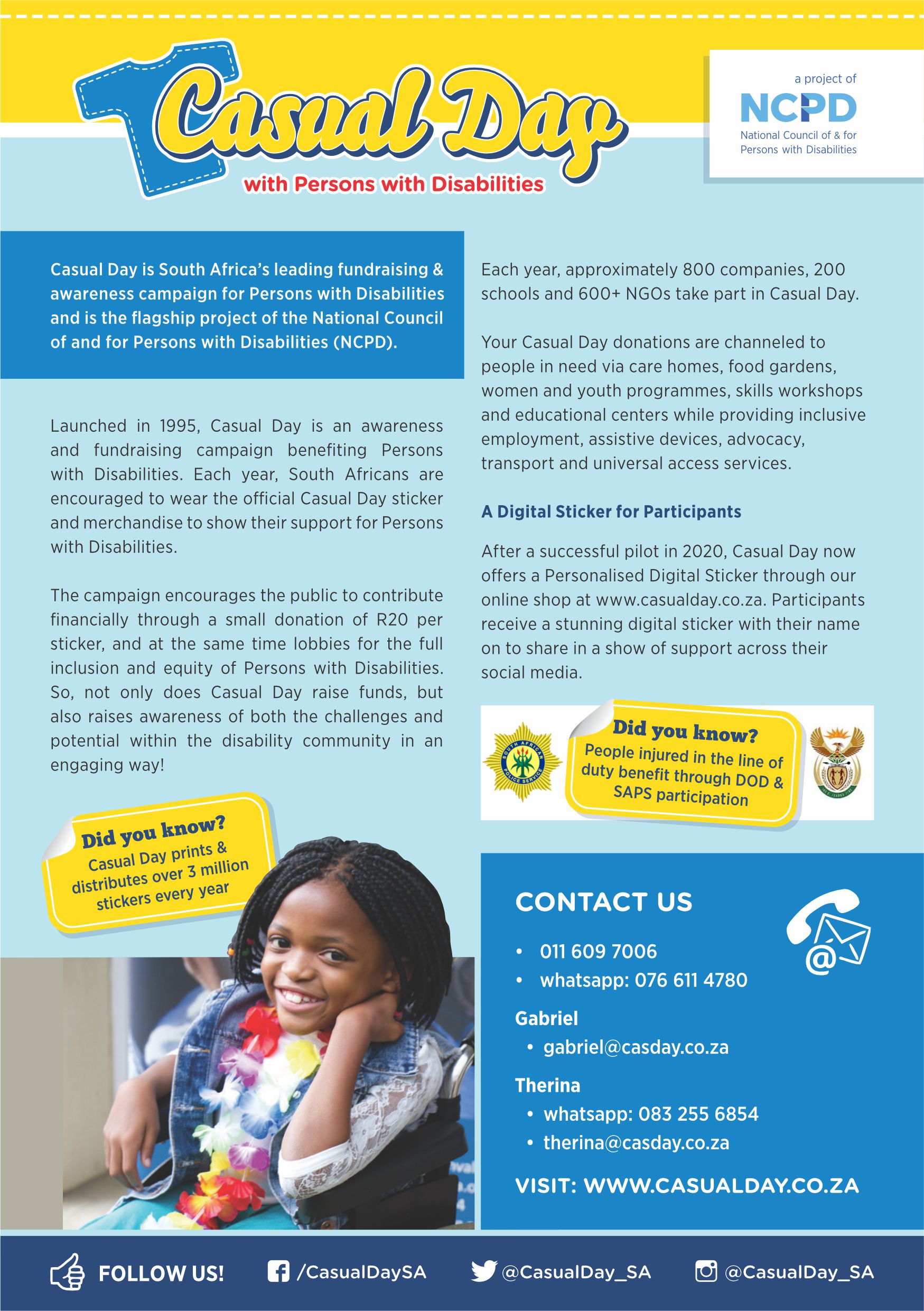
The National Council of and for Persons with Disabilities organize and run a number of fun raising projects to help raise funds including "Casual Day" and the "Nappy Run"
"Casual Day: is South Africa’s leading fundraising & awareness campaign for persons with disabilities and is the flagship project of the National Council of and for Persons with Disabilities (NCPD). Casual Day was launched in 1995 and is an awareness and fundraising campaign benefiting persons with disabilities. Each year on the first Friday of September, South Africans are encouraged to go to work or school dressed differently and to wear the official Casual Day sticker to show their support for persons with disabilities."
"Nappy Run: is a 5km Fun Run which takes place at the Joburg Zoo every year coinciding with National Children’s Day, the purpose of the Nappy Run™ campaign is to educate the public on the violation of rights of our country’s most marginalized and vulnerable group of people – children with disabilities and to appeal to the public for online donations which go towards the purchase of nappies for children with disabilities.
The event is organised by the National Council of and for Persons with Disabilities (NCPD) and forms part of the NCPD’s observation of South Africa’s Disability Rights Awareness Month (DRAM) in November. The Nappy Run campaign runs until 3 December to coincide with the International Day of Persons with Disabilities (IDPD), while DRAM also culminates on that same day. For more information about the Nappy Run™ fun run, or to make a donation, visit www.nappyrun.org.za.
2. Diagnostic Focused Organizations
Diagnostic-focused organizations, such as Blind SA and The South African National Council for the Blind represent a medical diagnostic group, such as the Blind.
Reg. No. 000 606 NPO PBO Ref. 130003512
Tel: 011 839 1793/4 www.blindsa.org
Blind SA
Blind SA is a national Disable People’s Organisation (DPO) of the blind and for the blind. Established in 1946 as the South African Blind Workers Organisation (SABWO) and became Blind SA in 2004.
Head office is situated at 5 Fuchs Street, Alrode, Alberton, however our services are rendered to blind and visually impaired in all provinces in South Africa
The vision of Blind SA is to do whatever is necessary or conducive to empower visually impaired people to become economically self-supporting and to live a full and meaningful life as citizens of South Africa.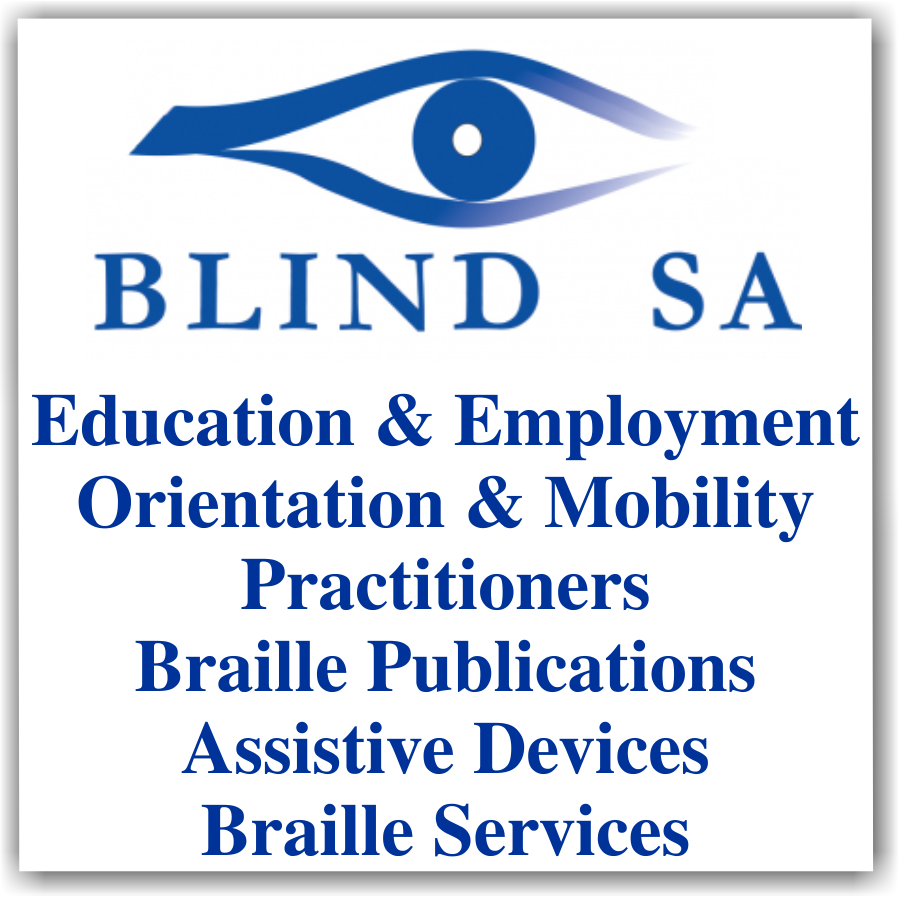
The biggest challenges faced in our communities are the shortage of financial resources to enable our blind and visually impaired beneficiaries to reach their full potential as independent members of society.
The impact that Blind SA has had on the community is a more informed, empowered and enabled blind and visually impaired community. Because we have so many such people who are in serious need of our assistance, we would welcome the opportunity and resources to be able to reach more people with the view of creating a self-supporting, independent and informed blind and visually impaired community throughout South Africa.
“Our Purpose is to end the cycle of poverty for Blind South Africans, empowering them with knowledge and information through education, braille and developmental services and to break down barriers, provide opportunities and create answers that improve the quality of life for the blind community so that they can live the life they choose.”
Our Services Include:
Education: One of our primary goals is to promote quality education for all learners with visual impairments in South Africa. Our Education Committee addresses all issues concerning education from pre-school intervention to general, further and tertiary education and training, as well as adult basic education and training.
Skills Development and Training: Finding a job is hard enough for people without disabilities. Blind SA facilitates training so prepare blind and partially sighted people for the workplace. Added to this we train SMMEs to Start and Improve their businesses, which not only enables them to comparatively run their own business, but also to provide jobs for others.
Blind SA has also embarked on training which enables blind and partially sighted people to use computers, smart phone, as well training on food tasting and recognition of fragrances. Added to this we train them skills for daily living.
Facilities and Support: It is crucial that specialised schools and resource centres are developed and strengthened to accommodate the blind and visually impaired. Our committee will also support learners who can cope in mainstream schools, provided that adequate assistance is provided by education authorities and that the parents of the learners have made informed decisions. The Education Committee will continue to oversee the education and training of learners, as it is their constitutional right. We also offer Interest-free loans to assist with living costs and study materials. Where appropriate, financial assistance is extended to parents or guardians of children who are at school. This is done through Blind SA’s Learners’ Fund.
Read More: ….
Employment: Getting a job is the starting point of self-sufficiency and dignity for most people, with no exception to the blind. In 1946, Blind SA (formerly SABWO) was formed to help blind and visually impaired South Africans. People who are blind or visually impaired can be found working in most industries. With the right skills, training, and technology there are few jobs the blind and visually impaired cannot do. Our assistance can successfully help integrate blind people into their new roles and into businesses.
Read More: ….
Orientation and Mobility Practitioners: We provide independence training to blind and partially sighted persons so that they may live independently without depending on other people to take them around or perform skills of daily living on their behalf. We aim to change the attitudes of sighted people towards people who have visual disability and educate them on how to assist a blind person and to respect the cane. Through “Orientation and Mobility” we also train clients to enhance the learner’s personal mobility skills, and to develop insight into the challenges facing persons who are blind and partially sighted.
Read More: ….
Braille Services: Blind SA established Braille Services in 1953 and is the only producer of braille in all eleven official languages of South Africa. Access to the written word is the greatest communication barrier blind folk face. Despite advancements in audio technology, reading and writing can only be attained through braille, making it key to literacy. We produce braille to order only and try to meet the reading needs of all our customers. Each page of every textbook needs to be transcribed into a braille master page, then duplicated and bound into useful study aids. Our Heidelberg GT Platen Press allows for quick production and our Viewplus Braille and state-of-the-art software means we can print tactile diagrams and pictures.
Equipment: Blind SA stock and sell a variety of Assistive Devices to assist persons who are Blind, this includes the:
- Mali-Bhala – a money counter and signature guide. Read More: ….
- The Tatrapoint Mechanical Brailler - is a more cost effective affordable braille writing machine manufactured in Slovakia. Blind SA imported two orders of 30 and 45 units to sell. Read More: ….
- Braille-Me - is an electronic braille note-taker and display produced in India. Blind SA entered into an exclusive distributor agreement after having tested the device. Read More: ….
Contact Details:
CEO: Jace Nair - ceo@blindsa.org.za
Manager-Skills Development: Susan van Wyk - susan@blindsa.org.za
Manager- Braille Services: Philip Jordaan - philip@blindsa.org.za
Manager- HR & Admin: Cindy Zulu - hr@blindsa.org.za
HOD – Skills Development: Johnson Mdhluli - johnson@blindsa.org.za
HOD – Funding & Communication: Karin Gouws - karin@blindsa.org.za
Economic Empowerment Officer: Teboho Lehasa - eeo@blindsa.org.za
Development Officer: Thandile Butana - developmentofficer@blindsa.org.za
Assistive Devices (Sales and Technician): Roedolph Britz - technician@blindsa.org.za
For any other requirements, any of the above staff will direct you to the correct contact.
Visit the Orientation and Mobility page on the Blind SA website to view more information on the Services & Products they supply or contact Blind SA on: Tel: +27 11 839 1793/4 or visit us at: Address: 5 Fuchs Street, Alrode, Gauteng, South Africa, or our Website at: www.blindsa.org.za
The South African National Council for the Blind (SANCB)
The South African Council for the Blind (SANCB) is a registered non-profit and public benefit organisation established in 1929 with four mission focus areas which include Prevention; Inclusion; Advocacy & Support. As a South African national representative body for the blind, it offers supportive, rights driven function to its nearly 80 member-organisations. The presence of its community work is felt throughout its nine provincial structures in South Africa. The SANCB also lays emphasis on the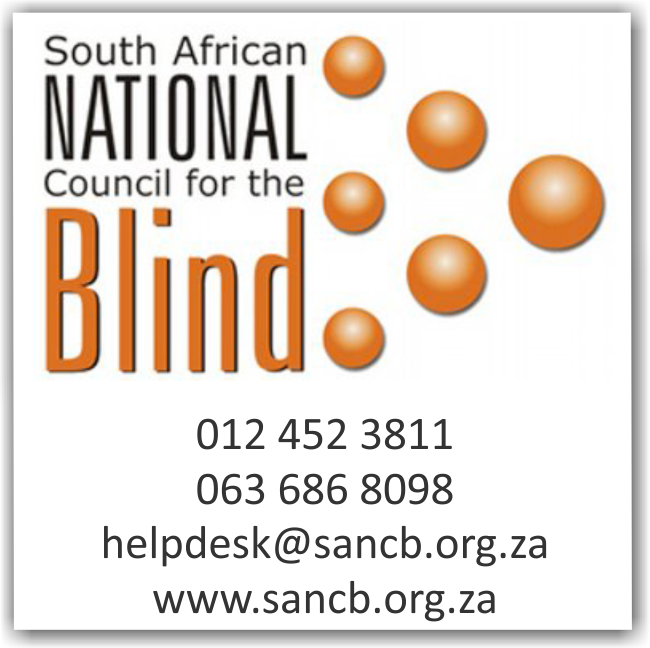 prevention of blindness and in 1944 the Bureau for the Prevention of Blindness was established. Since then, SANCB has grown exponentially, adding Education and Rehabilitation to its portfolio in 1985; the Resource Centre for Assistive Devices and Technology which is now known as the Assistive Technology Centre in 1986 and Entrepreneurial Development and support in 1991. The South African National Council for the Blind also supplies assistive devices and related technologies to persons with visual impairments.
prevention of blindness and in 1944 the Bureau for the Prevention of Blindness was established. Since then, SANCB has grown exponentially, adding Education and Rehabilitation to its portfolio in 1985; the Resource Centre for Assistive Devices and Technology which is now known as the Assistive Technology Centre in 1986 and Entrepreneurial Development and support in 1991. The South African National Council for the Blind also supplies assistive devices and related technologies to persons with visual impairments.
“Our Mission serves and supports community empowerment; rehabilitation; training and education of South Africans with visual impairments, we also facilitate the prevention of blindness, while our Vision is enhanced facilitation and collaborations with a network of Organizations for the full participation and inclusion of blind and partially sighted people in all aspects of a diverse South African society."
The services and support they supply to South Africans with visual impairments, include:
- Facilitate collaborative partnerships to serve the interests of visually impaired South Africans
- Advocate on behalf of persons with visual impairments
- Develop and maintain standards for services offered to persons with visual impairments
- Promote the education, training and rehabilitation relevant for the employment of persons with visual impairments
- Help organisations for and of the blind to deliver effective and relevant services
- Gather and disseminate information on matters concerning visual impairment
- Initiate and implement projects beneficial to persons with visual impairments
- Supply assistive devices and related technologies to persons with visual impairments
- Preserve and restore sight and prevent blindness
- Work together with international organisations for the improvement of the quality of life of persons with visual impairments
- Create awareness of the skills, capacities and abilities of persons with visual impairments
- Ensure that blind and partially sighted people of all ages enjoy all rights promised by the Constitution of South Africa.
You can contact the South African Council for the Blind (SANCB) to find out more on +27 12 452 3811 or +27 63 686 8098. Alternatively you can email them on: helpdesk@sancb.org.za or visit their website: www.sancb.org.za. You can also visit them at their offices at 514 White Street, Bailey's Muckleneuk, Pretoria, South Africa, 0181.
Provincial Organizations
Within the "The South African National Council for the Blind" are organizations that represent medical diagnostic groups, at provincial level, these organisations assist it's members in a particular province. An example of this is The Western Cape Blind Association (WEBA) which assists its members in the Western Cape.
The Western Cape Blind Association (WEBA): is now known as the ‘Light and Healing Centre’, offer an outreach service to companies, organisations, churches and government departments and set out to give hope, healing of brokenness and restoring lost dignity of blind and partially sighted men and women. They offer aromatherapy, lymph drainage and reflexology massages, pedicures and manicures and also offer Self Help Workshops once a month. Contact them on the link below to find out more.
3. Population Specific Organizations
Population-specific Organizations are those DPOs which represent a population group such as the South African blind women in action).
Sports Organizations
There are also a wide variety of Sports Organizations, including the:
- International organizations such as the International Paralympic Committee (IPC) & International Blind Sports Federation (IBSA)
- National sports organizations that govern abeld bodied sports, as well as some disability sports, such as The South African Sports Confederation and Olympic Committee (SASCOC).
- SASAPD (South African Sports Association for Physically Disabled), which govern some physically disabled sports.
- Provincial Sports organizations, such as The Free State Sport Association for the Physically Disabled & Visually Impaired.
- Sports Club Organizations which offer either a single or a variety of sports in a particular province or city in South Africa.
1. International Paralympic Committee
The International Paralympic Committee (IPC) is the global governing body of the Paralympic Movement. Its purpose is to organise the summer and winter Paralympic Games and act as the International Federation for ten sports, supervising and coordinating World Championships and other competitions.
The vision of the IPC, run by 200 members, is ‘To enable Para athletes to achieve sporting excellence and inspire and excite the world.’
1. International Blind Sports Federation (IBSA)
The IBSA World Championships and Games is held every four years and is organized & run by The International Blind Sports Federation (IBSA), which is a nonprofit organization founded 1981 in Paris, France. IBSA's mission is to promote the full integration of blind and partially sighted people in society through sport and to encourage persons with a visual impairments to take up and practice sports. IBSA is a full and founding member of the International Paralympic Committee (IPC).
2. The South African Sports Confederation and Olympic Committee (SASCOC)
The South African Sports Confederation and Olympic Committee (SASCOC) is the National Olympic Committee (NOC) and National Paralympic Committee (NPC) for South Africa, and are the responsible body for South Africa at the Commonwealth Games. SASCOC is also responsible for high-performance sport in the country and coordinates the relationship with various international sports federations. They not only help look after all our various National Federations who are affiliated to them, but are responsible for awarding National Protea Colours to athletes who have met the criteria to represent South Africa in different sporting codes, including:
3. The South African Sports Association for Physically Disabled (SASAPD)
The South African Sports Association for Physically Disabled ( SASAPD) was established in 1962 and focuses on the development and promotion of the sporting codes offered at Paralympic level for athletes with Physical Disabilities, Visual Impairments and blindness.
They offer pathways for qualification towards Paralympic Games across a variety of sports, through their affiliations with international bodies such as IBSA, IWAS, CPISRA and The Nedbank National Championships for Physically Disabled.
They also work and are an affiliate member of SASCOC as well as being associated members of a number of other national sporting federations.
4. Provincial Sports Associations
There are also many Provincial Sports Associations that govern a variety sports in a particular province in South Africa, such as:
The Free State Sport Association for the Physically Disabled and Visually Impaired: have a sound understanding and passion to build character through sport. "Our executive has years of experience working with the disabled in sport and other social environments. We have an in-depth understanding of our sport codes and the special classification criteria that is associated with each code."
5. Sports Club Organizations
Some Sports Club Organizations are also available, which offer either a single or a variety of sports in a particular province or city in South Africa, these clubs may include "Disabled" and Abled Body athletes or just "Disabled" athletes. There are a variety of these clubs in South Africa, including:
The Differently Abled Cricket Club: which is an open cricket club for the differently abled cricket players, which includes the Blind, Deaf, Intellectually Impaired (SID and MID) and Physically Disabled. "We are the only club of this kind in South Africa and we would like to make it our goal in getting other regions to follow suit! "
To find a Sports Organization or Club that can assist you, visit our "Activities, Sports Organizations & Clubs" Search Facility on the following link: http://disabilityinfosa.co.za/search-for-info/sports-clubs-organizations/ or visit our "Sport for Visual Impairments" to find out more about the sports that are available for you.
